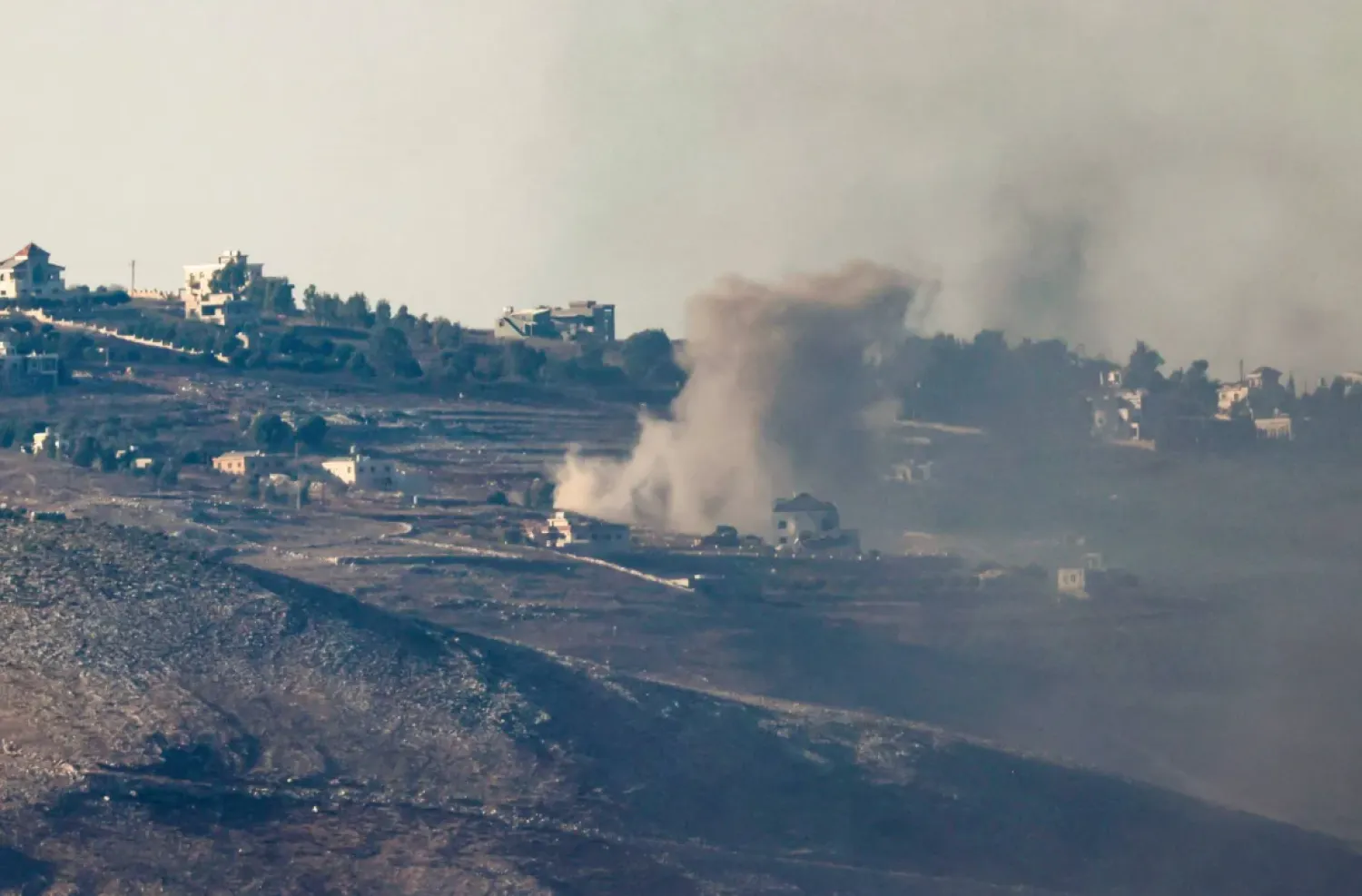Houthis referred four Yemeni activists and celebrities, including YouTuber Mustafa al-Moumry, to a specialized court for terrorism cases on charges of incitement to disturb public peace.
Last year, Mohammed Ali al-Houthi, the Houthi leader's cousin, published a video ordering the release of Moumry, who was detained by security services after criticizing corrupt officials. Houthi asserted he would protect Moumri's right to speak.
However, Mohammed Ali al-Houthi did not comment on the recent detention of Moumry.
Moumry, who frequently used profanity in his speech, appeared in a video criticizing the corruption of Houthi officials. He was arrested and released before appearing in subsequent recordings attacking judges who objected to Mohammed al-Houthi's intervention in their jurisdiction and powers.
Moumry and three other activists were arrested after broadcasting videos confirming that people were dying of hunger and that residents in militia-controlled areas were discontented.
Mohammed Ali al-Houthi remained silent and did not comment on their referral to the court specialized in terrorism cases.
The recent developments raised many questions about whether this was a move to control the factions of Mohammed al-Houthi, whose influence had grown at the expense of his rivals.
Some argue that the arrest aimed to improve the image of the militias, which might later release the four celebrities since they were arrested for a few days and referred to the Houthi prosecution.
The group asked their families to appoint defense lawyers.
Doubts were heightened after the same court issued death sentences a few days ago to several citizens from al-Mahweet and Saada after an enforced disappearance of six years. They were tried in secret sessions without legal representation.
However, the four activists appeared in the first session wearing prison uniforms, smiling, and were allowed to attend the session and photograph it.
Observers also believed the detention was a "play" orchestrated by the militia after the defense lawyer visited the YouTuber and other influencers in prison and claimed he wished to be imprisoned next to them.
He praised the excellent treatment the prisoners received.
Meanwhile, two former militia officials offer a different interpretation of the matter.
They told Asharq Al-Awsat that since his removal from the position of the second man governing the areas controlled by the militias in 2016, Mohammed Ali al-Houthi has been seeking to obtain his share of power.
The group is divided into three wings: one controlled by the director of the office of the Supreme Revolutionary Council, Ahmed Hamid, the Minister of Interior, Abdul Karim al-Houthi, and Mohammed Ali al-Houthi.
- Insulting Al-Mashat
The two sources explained that Abdul Malik al-Houthi opposed the appointment of his cousin as head of the Supreme Political Council to avoid accusations that the al-Houthi dynasty controlled the higher positions in the group.
He insisted on assigning his former office director Mahdi al-Mashat to the position.
The sources admitted that Mohammed al-Houthi was running the Supreme Political Council, and he is the first in the position. They accused him of deliberately belittling Mashat's status by issuing public directives to the government and officials through his account on social media.
Houthi also made field visits, directing officials to resolve residents' issues and improve services, as if he were the de facto ruler.
According to the two sources, Mashat and his manager, Ahmed Hamed, complained to the militia leader, who instructed his cousin to take over the judicial authority and manage it.
In turn, Samir, an alias of a well-known journalist in Sanaa, confirmed that Mohammed Ali al-Houthi established a group of social media activists and an al-Hawiya channel run by the Houthi journalist Mohammad al-Imad. They were tasked with attacking any opposition to establishing the so-called "judicial system" and targeting lawyers and judges.
Samir believed that the referral of the four activists, two days after they alerted the militias to the corruption and people's discontent with their rule, confirmed that the militia leader wanted to limit the authority of his cousin.
He noted the growing public discontent and criticism. He repeated calls for a popular uprising against them, prompting the leader to intervene and limit the role of Mohammed Ali al-Houthi, as he leads the moderate wing within the militias.
The referral of the four activists to a court specialized in terrorism cases aimed to send a message that the militias would suppress any popular movement, said Samir, stressing that even if they were acquitted, the message that the militia leader wanted to deliver was sent.









